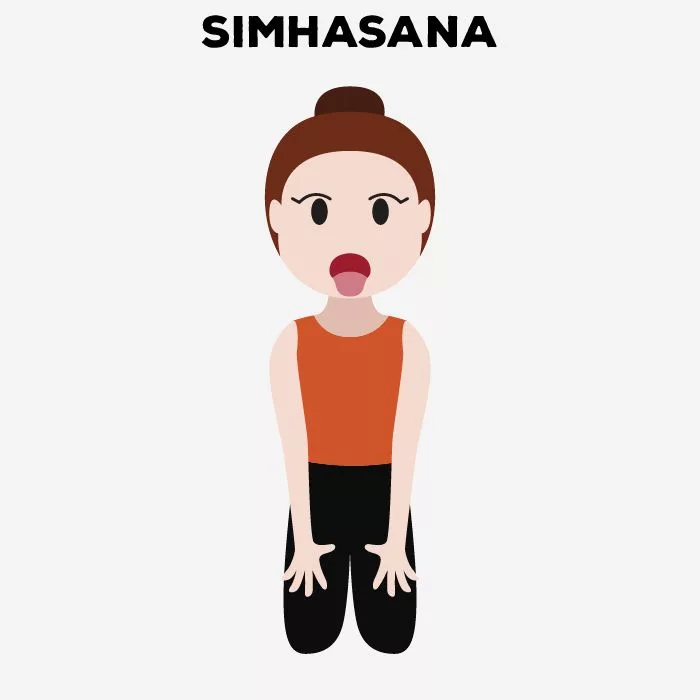It’s important to understand the role of a dispute resolved reported by grantor process. A grantor is an individual or entity that has the authority to award funds or resources to other parties, such as in the case of a grant or funding program. When a dispute arises between parties that have received funds from the grantor, the grantor may become involved in the resolution process.
In terms of a dispute resolution process involving a grantor, there are a few key steps that typically occur. These may include:
- Notification of the dispute: The grantor is made aware of the dispute between the parties, either through direct communication from one or both parties, or through an intermediary such as a mediator.
- Investigation of the dispute: The grantor may conduct an investigation into the dispute, gathering information and evidence from both parties to better understand the situation.
- Decision-making: Based on the information gathered during the investigation, the grantor may make a decision on how to resolve the dispute. This may involve awarding additional funds to one party, adjusting the terms of the grant or funding agreement, or taking other action as necessary.
- Reporting: Once the dispute has been resolved, the grantor typically provides a report on the outcome to both parties. This report may detail the reasons for the decision and any actions that will be taken as a result.
In terms of analyzing a dispute resolution reported by a grantor, there are a few key factors to consider. These may include:
- The nature of the dispute: What was the dispute about, and what were the key issues or concerns raised by each party?
- The decision-making process: How did the grantor arrive at their decision, and what factors were taken into account?
- The outcome of the resolution: What actions were taken to resolve the dispute, and were both parties satisfied with the outcome?
- essons learned: What can be learned from this dispute resolution process, and what changes may need to be made to prevent similar disputes from arising in the future?
By considering these factors, it is possible to gain a better understanding of how a grantor approached a particular dispute and what the outcome of that process was. This can be helpful for both parties involved, as well as for other organizations or individuals who may be involved in similar situations in the future.
pros
Sure, here are some potential pros or advantages of dispute resolved reported by grantor:
- Increased efficiency: A particular process or decision may streamline operations or reduce waste, resulting in increased efficiency and productivity.
- Cost savings: A particular policy or decision may save money for an organization or individual, either through reduced expenses or increased revenue.
- Improved quality: A particular decision or process may result in higher quality outcomes, such as better products or services, improved customer satisfaction, or higher levels of safety.
- Increased innovation: A particular policy or decision may encourage creativity and innovation, leading to new ideas, products, or services.
- Enhanced reputation: A particular decision or action may improve an organization or individual’s reputation, leading to greater trust and credibility among stakeholders.
- Better decision-making: A particular process or approach may lead to better decision-making, either through more information or better analysis.
- Increased collaboration: A particular policy or decision may encourage collaboration among stakeholders, leading to stronger relationships and better outcomes.
- Increased accountability: A particular decision or action may increase accountability, ensuring that individuals or organizations are held responsible for their actions and decisions.
- Improved sustainability: A particular policy or decision may promote environmental sustainability, leading to reduced waste and a better use of natural resources.
- Overall, there are many potential benefits to a particular situation, policy, or decision. By considering these pros, it is possible to better understand the potential impact and value of a particular course of action.
- Also read:Indishell: The Dark Web Audio Leak
Cons
Certainly, here are some potential cons or disadvantages ofdispute resolved reported by grantor:
- Increased costs: A particular policy or decision may result in increased costs for an organization or individual, either through increased expenses or lost revenue.
- Reduced quality: A particular decision or process may result in lower quality outcomes, such as poorer products or services, decreased customer satisfaction, or increased safety risks.
- Decreased innovation: A particular policy or decision may stifle creativity and innovation, leading to fewer new ideas, products, or services.
- Damaged reputation: A particular decision or action may damage an organization or individual’s reputation, leading to decreased trust and credibility among stakeholders.
- Poor decision-making: A particular process or approach may lead to poor decision-making, either through lack of information or inadequate analysis.
- Decreased collaboration: A particular policy or decision may discourage collaboration among stakeholders, leading to weaker relationships and worse outcomes.
- Decreased accountability: A particular decision or action may decrease accountability, allowing individuals or organizations to avoid responsibility for their actions and decisions.
- Environmental harm: A particular policy or decision may harm the environment, leading to increased waste and a worse use of natural resources.
- Unintended consequences: A particular decision or action may have unintended consequences, leading to negative outcomes that were not anticipated.
Overall, there are many potential drawbacks to a particular situation, policy, or decision. By considering these cons, it is possible to better understand the potential risks and downsides of a particular course of action.
FAQS
Certainly, here are some frequently asked questions (FAQs) and answers:
Q: What is the meaning of FAQ?
A: FAQ stands for “frequently asked questions.” It refers to a list of common questions and answers on a particular topic or subject.
Q: Why are FAQs useful?
A: FAQs can be useful for providing quick and easy answers to common questions. They can save time and help to reduce confusion or uncertainty.
Q: Where can I find FAQs?
A: FAQs can be found on many websites, particularly those that provide information or services to the public. They may also be included in product manuals, user guides, and other documentation.
Q: How are FAQs created?
A: FAQs are typically created by identifying common questions that users or customers have, and then providing clear and concise answers to those questions. They may be written by subject matter experts or technical writers.
Q: Can I suggest a question for inclusion in an FAQ?
A: Yes, many organizations welcome feedback and suggestions for additional questions to include in their FAQs. Contacting the organization or individual responsible for the FAQ is typically the best way to provide feedback.
Q: What should I do if I don’t see the answer to my question in an FAQ?
A: If you don’t see the answer to your question in an FAQ, you may need to contact the organization or individual responsible for the FAQ for further assistance. They may be able to provide additional information or direct you to other resources that can help.
Also read:Sword Fighters Simulator Vulcanus Maximus Jeu-Bayrou







